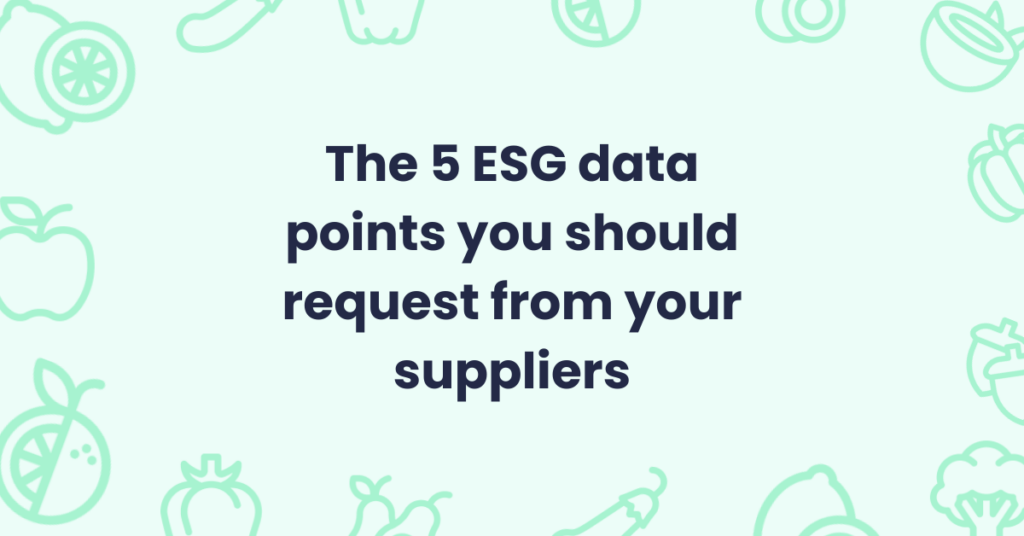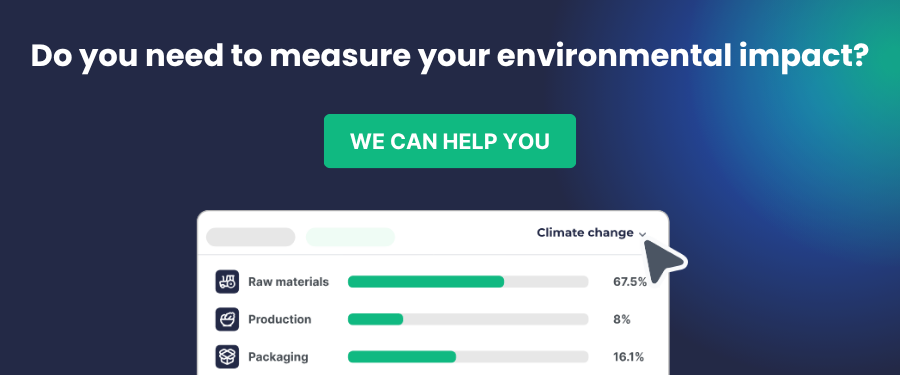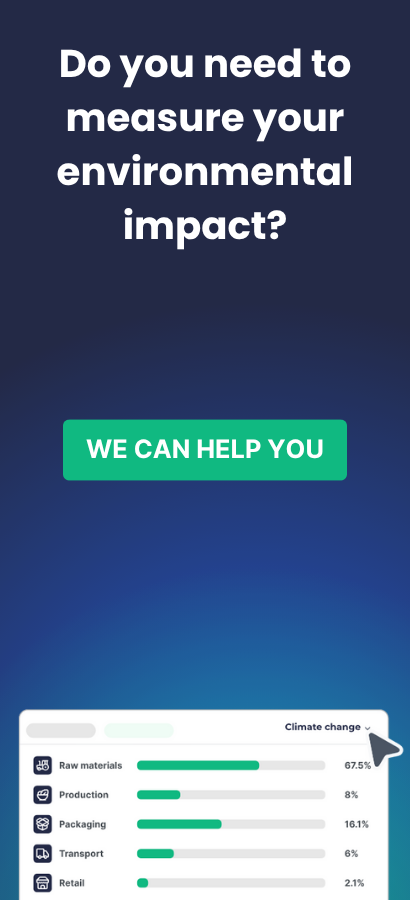With the implementation of the Corporate Sustainability Reporting Directive (CSRD), companies are required to report ESG (environmental, social, and governance) data more comprehensively. To comply with this regulation, it is essential that organizations collect reliable information from their suppliers, who play a key role in their environmental and social footprint. In this article, we highlight the five most important ESG data points you should request from your suppliers to ensure a comprehensive and accurate report.

1. Carbon Footprint (Scope 1, 2 and 3)
The carbon footprint is one of the most relevant data points within the ESG framework, as it reflects the direct and indirect climate impact of a company’s activities. The CSRD requires companies to report not only the carbon emissions from their own operations (Scopes 1 and 2) but also those from their supply chains (Scope 3).
Specific data to request:
- Scope 1: Direct emissions from the supplier, such as fossil fuel consumption in production.
- Scope 2: Indirect emissions from electricity purchased by the supplier.
- Scope 3: Emissions generated throughout the supply chain, including the transportation of goods and product use by customers.
- Suggestion: Provide your suppliers with a template to help them break down these emissions into clear categories, following the Greenhouse Gas Protocol standards.
2. Water consumption and resource management
Water use and management are key indicators when assessing the environmental impact of any company, especially in sectors like agriculture, manufacturing, and food production. Regulations like the CSRD require companies to report data on their suppliers’ water consumption and practices for conservation and treatment of this resource.
Specific data to request:
- Total water consumption: The amount of water used by the supplier to manufacture products.
- Water reuse and recycling practices: Data on whether the supplier reuses water in its processes or applies consumption-reducing technologies.
- Wastewater treatment: Information on how wastewater is treated and managed.
- Tip: In highly water-dependent sectors, consider prioritizing suppliers that use sustainable water management practices or hold certifications like ISO 14046.
3. Use of recycled and sustainable materials
Another essential data point to request from your suppliers is information on their use of recycled materials and capacity to integrate sustainable practices into the supply chain. This data is particularly relevant if your company seeks to reduce its environmental footprint and meet circular economy goals.
Specific data to request:
- Percentage of recycled materials: The amount of recycled materials used in production, expressed as a percentage of total materials.
- Sustainable raw material sources: Data on whether raw materials come from certified or sustainable sources (e.g., FSC-certified wood).
- Use of sustainable packaging: Information on the type of materials used for packaging, especially if they include biodegradable or recyclable options.
- Suggestion: Consider suppliers already holding recognized environmental certifications like Cradle to Cradle to ensure their production practices are sustainable.
4. Working conditions and social standards
The social dimension of ESG is also crucial and, specifically, pertains to the working conditions of the supplier’s employees. The CSRD emphasizes the need for companies to evaluate labor rights and safety practices throughout the supply chain.
Specific data to request:
- Labor rights policies: Information on the supplier’s policies regarding gender equality, non-discrimination, union rights, etc.
- Workplace health and safety: Data on safe working conditions and the existence of occupational risk prevention programs.
- Anti-Exploitation practices: Ensure the supplier does not employ child labor, forced labor, or exploitative conditions.
- Suggestion: Require that your suppliers hold certifications such as SA8000 or labor standards audits like Sedex to ensure they meet international social standards.
5. Waste management and recycling
Proper waste management is essential to reducing a company’s environmental impact. This includes both waste generated during manufacturing and that related to the end-of-life disposal of products. Companies implementing the CSRD must ensure their suppliers also manage waste responsibly, minimizing environmental impact.
Specific data to request:
- Total waste generated: The total amount of waste generated by the supplier in its production processes.
- Percentage of recycled waste: Data on how much of this waste is recycled or reused in other production processes.
- Safe disposal of hazardous waste: Information on how the supplier manages and disposes of hazardous waste following local and international regulations.
- Tip: Prioritize suppliers with an environmental management system, such as ISO 14001, that ensures proper waste management and minimizes environmental impact.
How to collect ESG data points from your suppliers
Collecting ESG information from suppliers can be a complex process, but by following a structured and standardized approach, you can simplify this challenge.
1. Provide a standardized template
Give your suppliers a template to standardize the format of the requested data. This will not only make it easier for your suppliers to gather and send the data but also allow you to analyze and compare the information more efficiently.
2. Use digital platforms for data collection
Implementing a digital ESG management platform is key to gathering and centralizing data from your suppliers. These tools allow suppliers to upload their reports directly, ensuring greater transparency and traceability in the reporting process.
3. Conduct audits and verifications
Data verification is essential to ensure its reliability. Consider conducting external or internal audits to review information received from suppliers and ensure they comply with necessary standards and regulations.
Conclusion
Requesting the correct ESG data points from your suppliers is not only a requirement for CSRD compliance but also an opportunity to improve the sustainability of your supply chain and reduce risks. The five key data points mentioned (carbon footprint, water usage, recycled materials, working conditions, and waste management) will provide a solid basis for accurate reporting and guarantee a positive impact on the environment and society.



